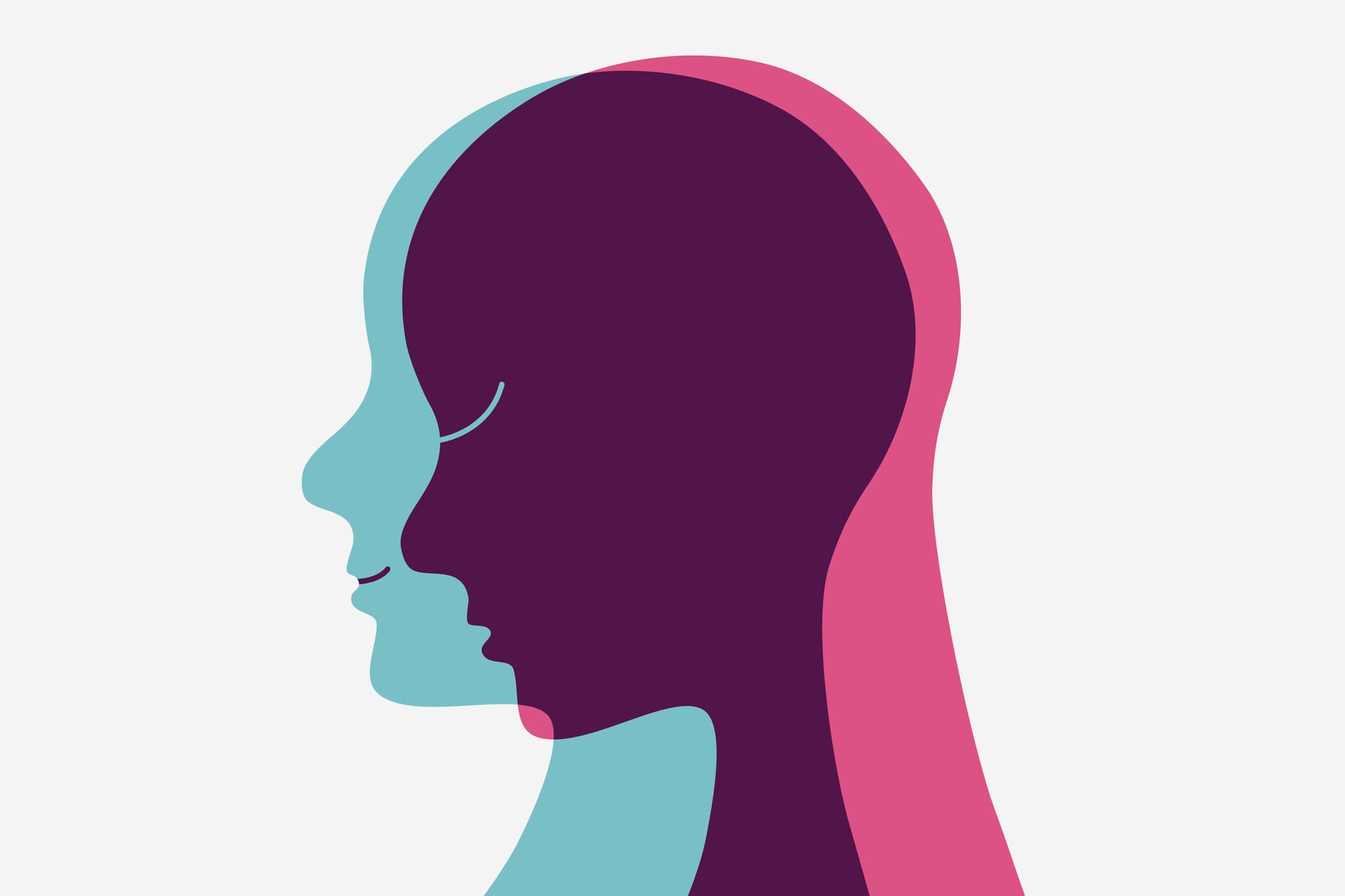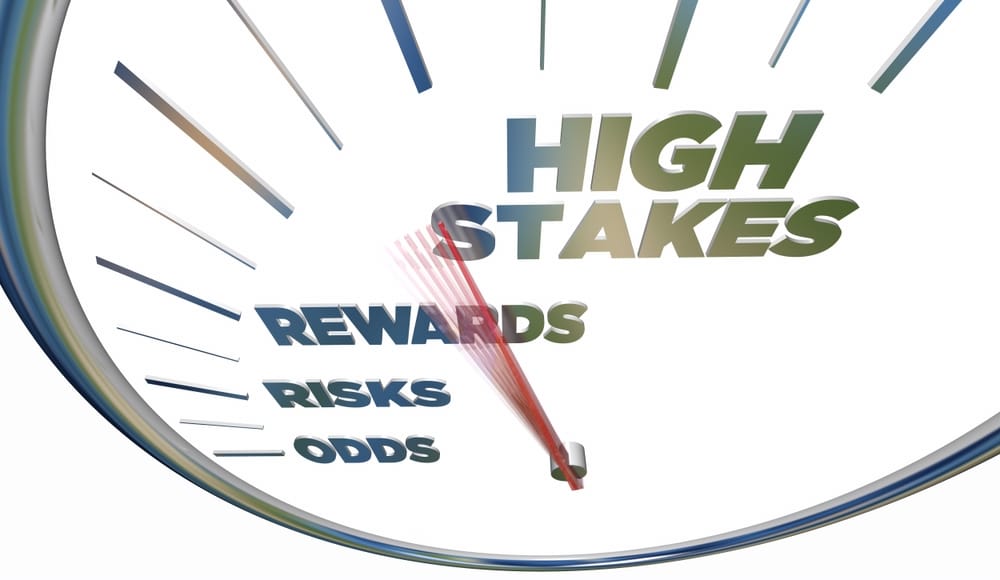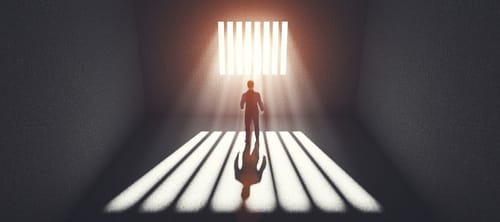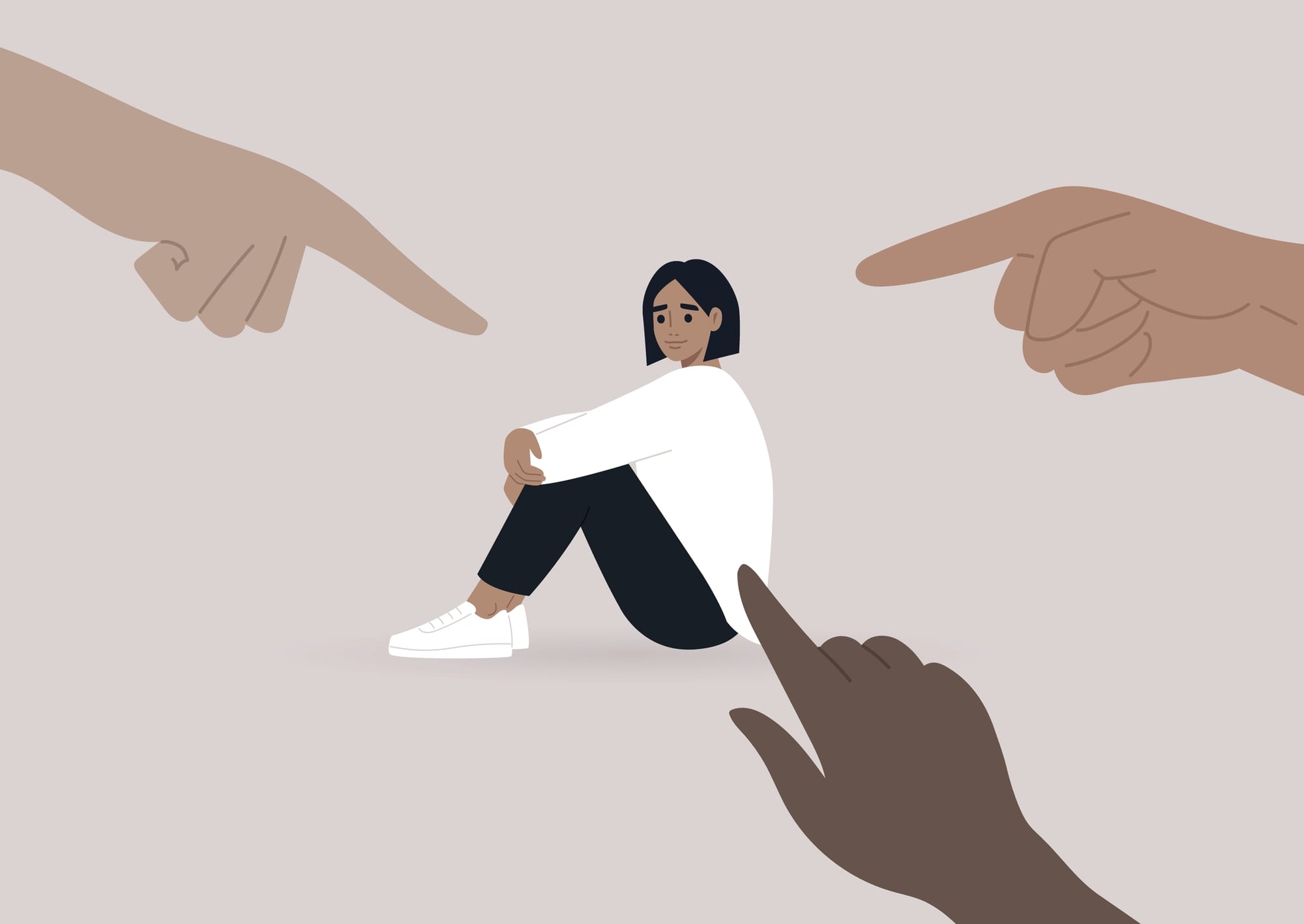
Healing Begins Where Comfort Ends
Standing Beside Survivors: A Call to Witness, Listen, and Act
On November 12, survivors of state and faith-based care will gather at the Ellen Melville Centre and all around Aotearoa, for a national day of remembrance, truth-telling, and solidarity. This event belongs to survivors — it has been created by them, for them — and I have the privilege of walking alongside as an ally.
Last year, the Government offered an apology to survivors for the abuse and neglect they experienced in care. That apology marked an important moment, but it was never meant to be the end. Survivors designed that day to give the Government and services a year to truly digest the truth — to reflect, to learn, and to prepare a meaningful response.
Now, a year on, survivors are coming together again to say: it’s time to face the truth, not soften it.
Facing the uncomfortable truth
For healing to begin, Aotearoa must look honestly at what happened — and what continues to happen — in state and faith-based care.
Survivors have made it clear that sanitising history only adds to their harm. Too many official events are made “family-friendly,” or designed to avoid uncomfortable details. But how can a survivor speak openly about their experiences in a space where they are asked to protect others from their pain?
As one survivor said to me recently, “We can’t move forward until this country stops pretending it wasn’t that bad.”
The truth is hard, confronting — but it’s the only path to healing for survivors and for Aotearoa.
Understanding survivor culture
Supporting survivors takes more than being “trauma-informed.” It means understanding survivor culture — a culture shaped by mistrust, by the need to protect oneself, and by years of not being believed.
Survivor culture draws strength from Māori culture, disability culture, and shared lived experience, but it is unique. Communication can be blunt. Language can be raw. Survivors often have to ask for help from people they don’t trust, and that shapes every interaction.
“They call us difficult,” one survivor told me, “but we’ve learned to survive by reading the room faster than anyone else.”
When survivors speak with raw honesty, it’s not aggression — it’s the language of survival.
Survivors leading, others stepping back
A powerful shift is happening. Survivors are no longer asking to be included — they are leading. This year’s event is survivor-led from start to finish.
As allies, kaimahi, whānau, and friends, our role is to support that leadership and step aside when needed. Too often, well-meaning services have spoken on behalf of survivors instead of amplifying their voices. Survivors are asking us to learn the difference between “helping” and “taking over.”
True allyship means stepping back so survivors can step forward.
Honouring those who carried the truth
The day will feature screenings of three powerful films — Mental Notes, Stolen Children of Aotearoa, and Crazy Happy — each revealing a different part of what it means to survive state and faith-based care. Director Jim Marbrook, who created Mental Notes, may attend, alongside one of the survivors featured in the film.
At 12 PM, the gathering will pause for a one-minute silence — for survivors who died in care, and for those who fought for justice but did not live to see it. A Remembrance Wall will honour their names and stories, holding space for the voices that carried the truth when no one wanted to hear it.
Displays from the Citizens Commission on Human Rights NZ will also be shown publicly for the first time, acknowledging their long-standing support for Lake Alice survivors and others who stood up to injustice. These displays are part of the collective effort to keep the truth visible, and to ensure the stories of those harmed in care are never erased.
The event will also include the presentation of the inaugural Anne Helm Memorial Award for Dedication to Survivors, recognising Anne’s lifelong advocacy and her courage in speaking truth to power.
These acts of remembrance are more than moments of ceremony — they are expressions of visibility, strength, and solidarity in a country that too often looked away.
Why your presence matters
This commemoration isn’t only for survivors — it’s a call to everyone who believes in justice, truth, and compassion.
If you work alongside survivors, support them as whānau, or simply care about this kaupapa, your role is to show up and listen. Don’t come to speak for survivors — come to witness, to learn, and to stand with them.
True support means making space for survivor leadership, sharing resources fairly, and resisting the urge to control the process.
As allies, our power is not in directing — it’s in standing beside.
A space for truth, healing, and solidarity
This year’s event is a living reminder that survivor leadership is strong, resilient, and united. People are travelling from across Aotearoa to be here, to support one another, and to keep the truth visible.
If you are a survivor, a supporter, or someone who simply wants to understand the legacy of state and faith-based care in Aotearoa — come join us on November 12 at the Ellen Melville Centre.
Your presence matters.
This is a space for truth.
A space for healing.
A space for solidarity.
For those who spoke the truth, for those who could not — we remember.
For more information or to connect, contact Tracey Cannon at Te Ata:
📧 tracey@teata.org.nz | 🌐 Te Ata Community on Facebook


